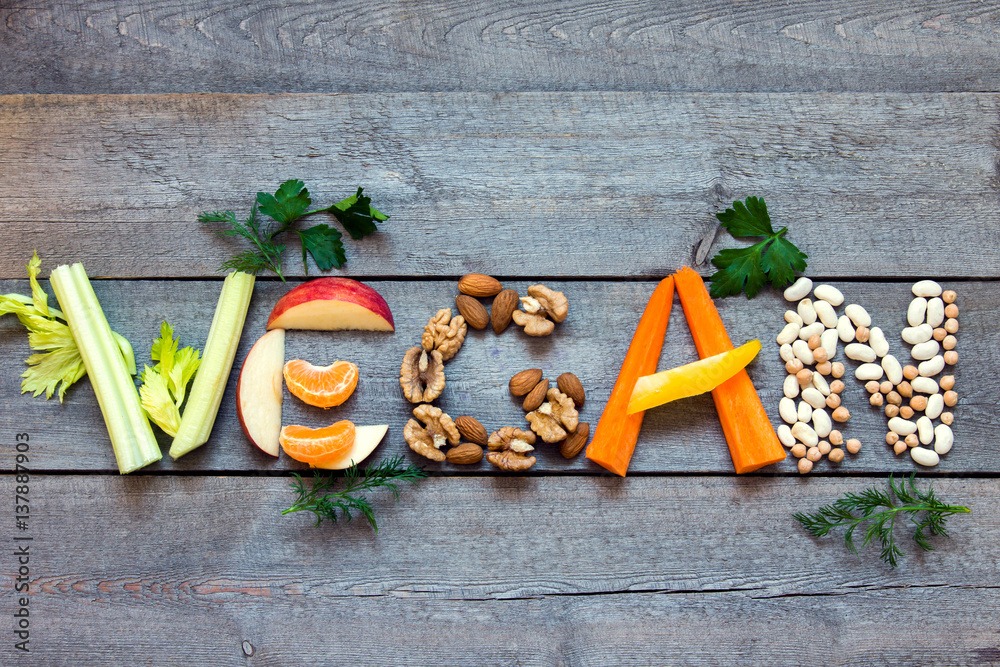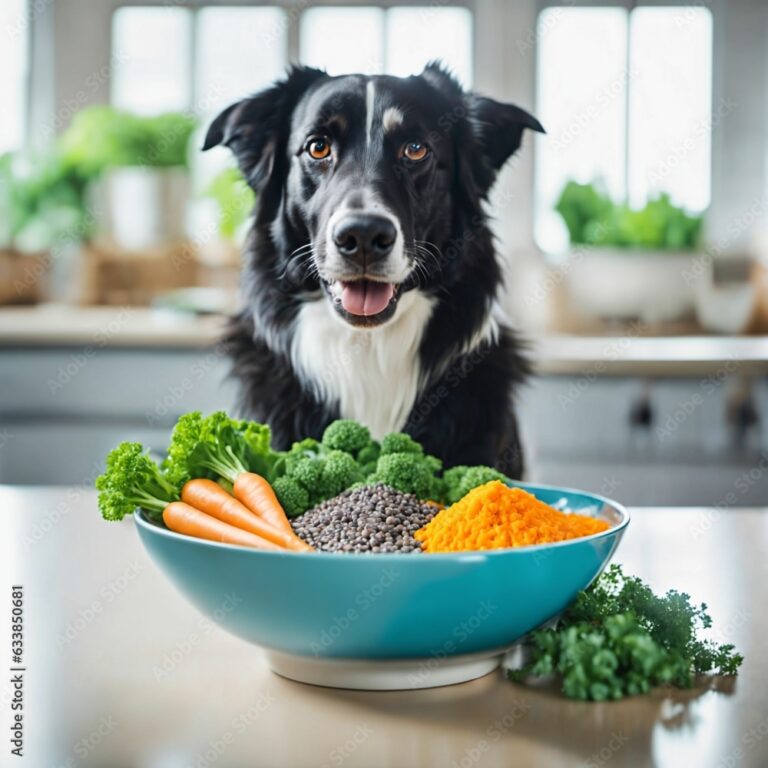Are Vegan Diets Healthy for Pets?
I might receive a small commission if you click on our links and make purchases. However, please keep in mind that this does not affect reviews, product comparisons, or recommendations. We try to keep things fair and balanced to help you choose your needs best. Clicking the link does not affect your total cost.
Introduction
With the rise of plant-based diets, pet owners are increasingly considering vegan diets for their pets, hoping to align their pets’ nutrition with their values. But are vegan diets healthy for dogs and cats? While dogs may have some flexibility due to their omnivorous nature, cats, as obligate carnivores, have more stringent nutritional requirements. This guide explores the benefits and challenges of vegan diets for pets, nutritional considerations, and what pet owners need to know to keep their pets healthy on a plant-based diet.
Understanding the Nutritional Needs of Dogs and Cats
Differences Between Dog and Cat Nutrition:
Dogs are omnivores and can handle a more varied diet, including plant-based foods. In contrast, cats are obligatory carnivores and require nutrients predominantly found from animal sources. This makes vegan diets more feasible for dogs than cats, who need animal-based nutrients like taurine.
Essential Nutrients in Pet Diets:
Pets require a range of nutrients, including proteins, amino acids (like taurine and arginine), vitamins, and minerals to maintain health. Vegan diets must be carefully supplemented to meet these requirements, as many essential nutrients are more easily sourced from animal products.
Nutritional Challenges in Vegan Diets for Pets:
Vegan diets may lack certain nutrients, like taurine for cats and Vitamin B12 for both cats and dogs, which are mainly found in animal proteins. Pet owners must ensure proper supplementation to prevent deficiencies and support their pet’s overall health.
How Vegan Diets Affect Cats vs. Dogs:
Cats are at higher risk on vegan diets due to their strict need for animal-derived nutrients like taurine and arachidonic acid, which are scarce in plants. Dogs are more adaptable and can thrive on balanced plant-based diets if essential nutrients are supplemented.
Benefits of Vegan Diets for Pets
Reduced Allergy Symptoms:
Pets with sensitivities to common animal proteins (such as chicken or beef) may benefit from vegan diets, which can reduce allergic reactions. Plant-based diets often lead to fewer skin irritations and gastrointestinal issues in sensitive pets.
Environmental Impact of Pet Food:
Vegan diets have a smaller carbon footprint and require fewer resources compared to traditional pet foods. Choosing plant-based options can be a way for eco-conscious pet owners to reduce their pet’s environmental impact.
Ethical Considerations for Plant-Based Pet Diets:
Vegan diets allow pet owners to align their pets’ nutrition with their ethical beliefs about animal welfare. By choosing vegan pet food, owners can support their values of compassion and sustainability.
Improved Digestive Health in Some Dogs:
Some dogs with digestive sensitivities may find plant-based proteins easier to digest than meat-based ones. Vegan diets can provide digestive relief, especially for dogs with sensitivities to animal products.
Key Nutritional Requirements for Pets on a Vegan Diet
1. Protein and Amino Acids
Importance of Complete Proteins:
Pets need a full profile of essential amino acids to maintain muscle and tissue health, which is more challenging to achieve with plant proteins alone. Ensuring protein completeness is critical for vegan diets to support overall health.
Supplementing Amino Acids Like Taurine and L-Carnitine:
Cats require taurine, which is absent in plants, so supplementation is necessary in vegan cat diets. L-carnitine is another amino acid that may need supplementation for dogs and cats on a vegan diet.
Balancing Protein Quality and Quantity:
Plant-based proteins tend to be less dense than animal proteins, so pet diets must balance quantity and quality without adding too many calories. This ensures pets get enough protein without risking weight gain.
2. Vitamins and Minerals
Vitamin B12 and D3 Requirements:
B12 and D3 are primarily found in animal sources, so vegan pets need to supplement them to prevent deficiencies. Lack of these vitamins can lead to neurological and immune system issues in pets.in pets.
Calcium and Phosphorus Ratios:
Maintaining the correct balance of calcium and phosphorus is important for healthy bones, especially for growing or older pets. Vegan diets often require calcium supplementation to achieve these ratios.
Omega Fatty Acids for Skin and Coat Health:
Plant-based sources like flaxseed provide ALA Omega-3s, but pets may need DHA and EPA, which are more readily found in fish oil. Algal oil can be a plant-based alternative for these essential fatty acids.
3. Digestibility and Palatability
Ensuring Digestibility of Plant-Based Ingredients:
Some plant ingredients are more easily digestible than others, so it’s important to choose those that don’t upset your pets’ stomachs. High-fiber or hard-to-digest foods can cause bloating and discomfort in pets.
Enhancing Taste to Improve Palatability:
Vegan pet foods often need flavor enhancers, as pets may be less inclined to eat plant-based food. Adding natural flavorings or incorporating familiar textures can encourage pets to eat their vegan meals.
Importance of Fiber Balance in Vegan Diets:
While fiber is important for digestion, too much can lead to gastrointestinal discomfort. Balancing fiber intake in vegan diets is essential to keep pets’ digestion smooth and prevent issues like bloating or loose stools.
Tips for Transitioning Pets to a Vegan Diet
Gradual Transition Over Time:
Transitioning to vegan food should be done gradually over several weeks to avoid digestive upset. A slow switch allows pets to adjust to new flavors and textures, making acceptance easier.
Monitoring Health and Adjusting as Needed:
Observe your pet for any changes in energy, coat quality, or digestion when switching to a vegan diet. Adjust the food as necessary to ensure they’re thriving on the new diet.
Regular Vet Check-Ups and Bloodwork:
Regular check-ups help confirm that pets are meeting their nutritional needs on a vegan diet. Bloodwork can catch deficiencies early and allows for adjustments as needed.
Adding Supplements for Optimal Health:
Certain nutrients, like taurine and Vitamin B12, may need to be supplemented in vegan diets. Supplements ensure that pets receive complete nutrition and avoid potential deficiencies.
Risks and Challenges of Vegan Diets for Pets
Nutritional Deficiencies:
Without proper supplementation, vegan diets can lead to deficiencies in critical nutrients like taurine, Vitamin B12, and certain amino acids. Such deficiencies can impact overall health, especially in cats.
Higher Costs of Vegan Pet Food and Supplements:
Vegan diets may be more expensive due to specialized formulations and the need for additional supplements. This can add to the monthly cost of feeding pets.
Taste and Texture Preferences:
Pets accustomed to meat-based foods may be resistant to the flavor and texture of vegan diets. Owners may need to experiment to find vegan foods their pets enjoy.
Increased Need for Supplementation:
Vegan diets typically require several supplements to meet pets’ nutritional needs, particularly for cats. Balancing these supplements is essential but can be challenging for some pet owners.
Conclusion
Vegan diets can be a viable option for pets, especially dogs, with careful planning, supplementation, and veterinary guidance. While dogs can adapt well to vegan diets, cats may face more challenges due to their need for animal-derived nutrients. For pet owners interested in vegan diets, it is crucial to select high-quality, nutritionally complete vegan pet food and ensure regular health monitoring. With the right approach, vegan diets can support pet health while aligning with ethical and environmental values.








